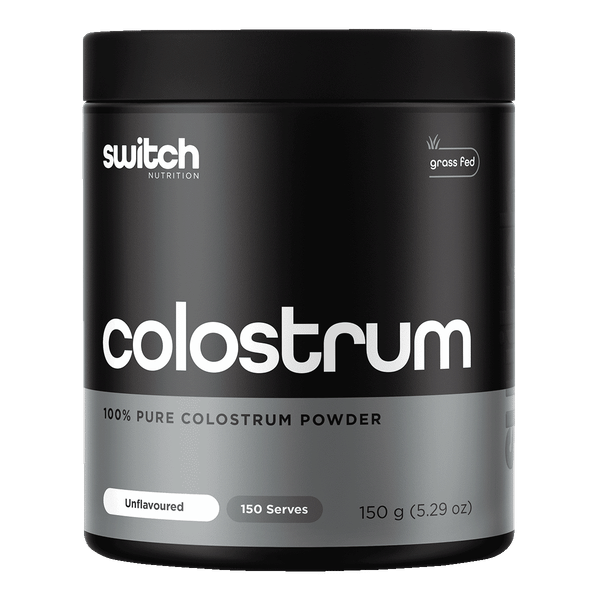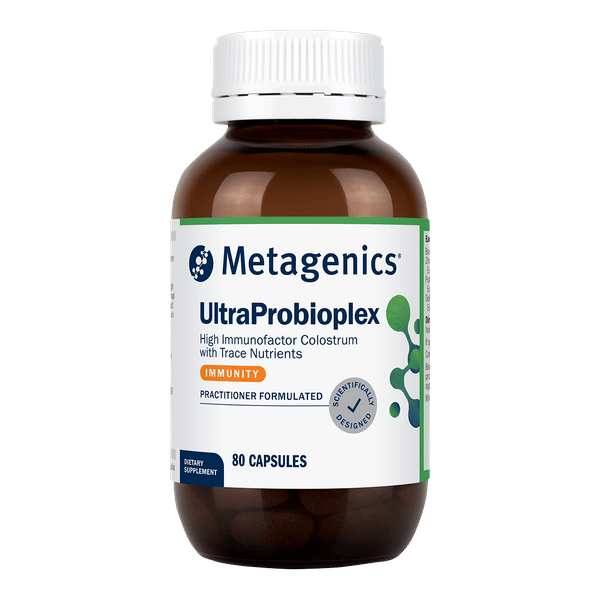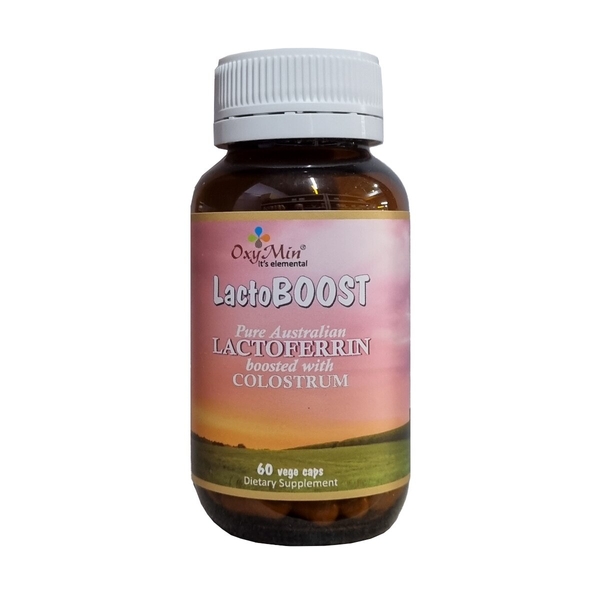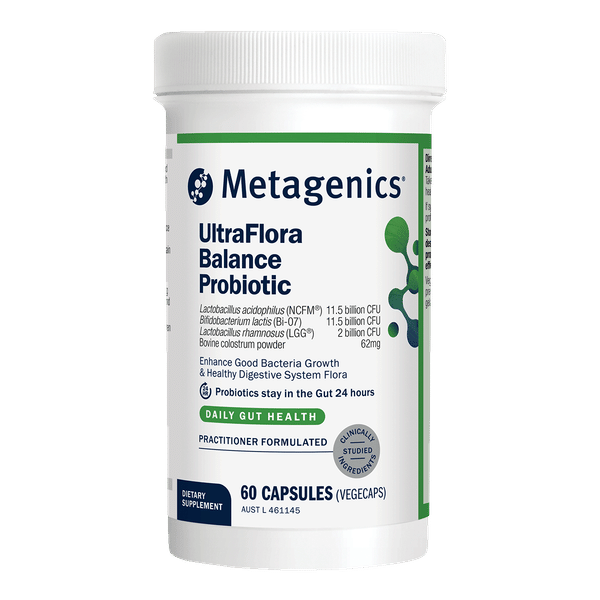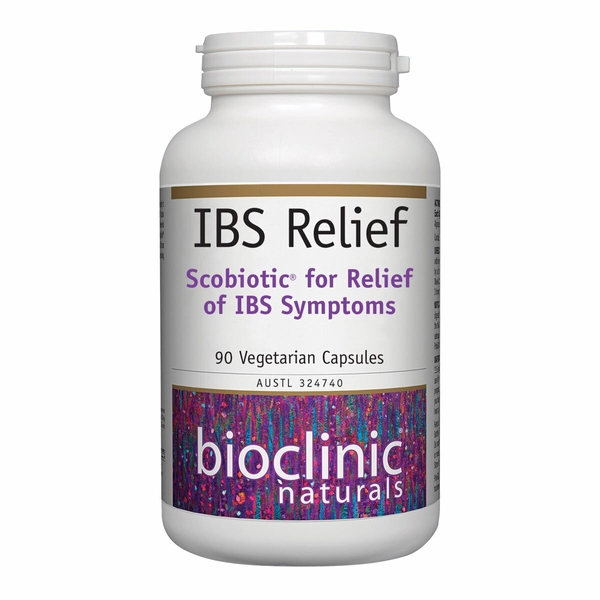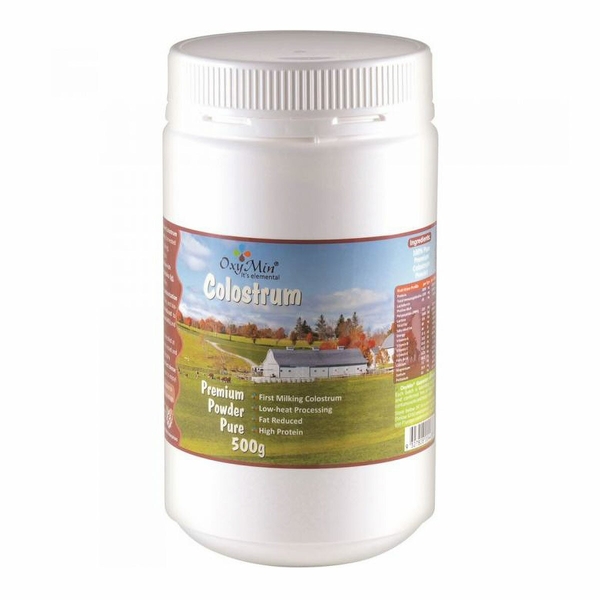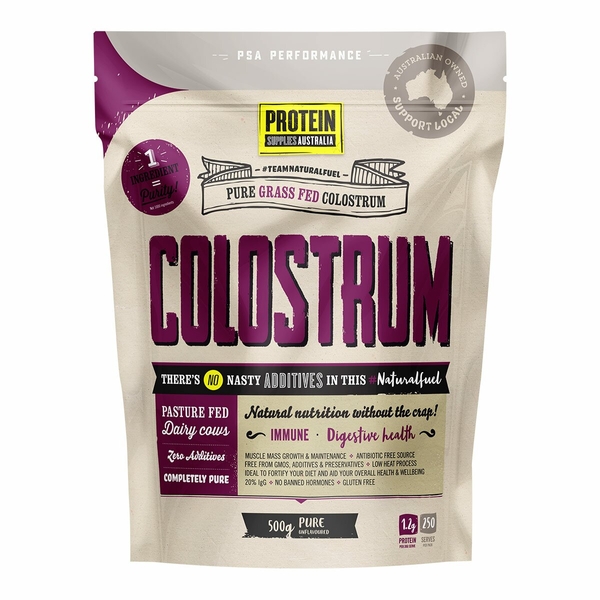
Bovine colostrum
Alternate names: Bovine Colostrum, Bovine Immunoglobulin, Bovine Lacteal Compounds, Calostro, Colostrum Bovin, Colostrum Bovin Hyperimmune, Colostrum Bovinum, Colostrum de Chèvre, Colostrum de Lait de Vache, Cow Milk Colostrum, Goat Colostrum, Hyperimmune Bovine Colostrum, Immunoglobuline Bovine, Lait Colostral, Protogala
Actions: Exercise performance enhancement, Gastrointestinal, Glycemic, Immunomodulating
Background
Bovine colostrum is the milk that comes from cows the first few days after giving birth. It contains many nutrients and proteins called antibodies.
Antibody levels in bovine colostrum can be 100 times higher than levels in regular cow's milk. Hyperimmune bovine colostrum is made by cows that have been vaccinated for specific diseases. These cows produce antibodies that fight the viruses and bacteria that cause certain diseases.
People use bovine colostrum for diarrhea and respiratory infections caused by exercise. It is also used for sepsis, athletic performance, autism, diabetes, child growth, and many other conditions, but there is no good scientific evidence to support these uses.
Antibody levels in bovine colostrum can be 100 times higher than levels in regular cow's milk. Hyperimmune bovine colostrum is made by cows that have been vaccinated for specific diseases. These cows produce antibodies that fight the viruses and bacteria that cause certain diseases.
People use bovine colostrum for diarrhea and respiratory infections caused by exercise. It is also used for sepsis, athletic performance, autism, diabetes, child growth, and many other conditions, but there is no good scientific evidence to support these uses.
Safety Safety definitions
When taken by mouth: Bovine colostrum is likely safe when used appropriately. It's usually well-tolerated. Since bovine colostrum comes from animals there's some concern about contamination with diseased animal parts. So far, there are no reports of humans catching diseases from bovine colostrum.
When applied to the skin: There isn't enough reliable information to know if bovine colostrum is safe or what the side effects might be.
When given as an enema (rectally): Bovine colostrum is possibly safe when used appropriately, short-term.
When applied in the vagina: Bovine colostrum is possibly safe when used appropriately, short-term.
Children: Bovine colostrum is possibly safe when taken by mouth for 1-3 mouths. There isn't enough reliable information to know if it is safe to use longer-term. However, bovine colostrum is possibly unsafe for use by preterm infants.
Allergy to cow's milk: People who are allergic to cow's milk or milk products might also be allergic to bovine colostrum.
When applied to the skin: There isn't enough reliable information to know if bovine colostrum is safe or what the side effects might be.
When given as an enema (rectally): Bovine colostrum is possibly safe when used appropriately, short-term.
When applied in the vagina: Bovine colostrum is possibly safe when used appropriately, short-term.
Special Precautions & Warnings:
Pregnancy and breast-feeding: There isn't enough reliable information to know if bovine colostrum is safe to use when pregnant or breast feeding. Stay on the safe side and avoid use.Children: Bovine colostrum is possibly safe when taken by mouth for 1-3 mouths. There isn't enough reliable information to know if it is safe to use longer-term. However, bovine colostrum is possibly unsafe for use by preterm infants.
Allergy to cow's milk: People who are allergic to cow's milk or milk products might also be allergic to bovine colostrum.
Effectiveness
NatMed Pro rates effectiveness based on scientific evidence according to the following scale: Effective, Likely Effective, Possibly Effective, Possibly Ineffective, Likely Ineffective, Ineffective, and Insufficient Evidence to Rate.
Possibly effective Effectiveness definitions
- Diarrhea. Taking bovine colostrum by mouth seems to help prevent diarrhea and shorten how long it lasts in children.
- Airway infections caused by exercise. Taking bovine colostrum by mouth might prevent upper airway infections in healthy adults who exercise.
- Diarrhea in people with HIV/AIDS. Taking bovine colostrum by mouth might help reduce diarrhea in people with HIV/AIDS.
- Diarrhea caused by rotavirus. Taking hyperimmune bovine colostrum by mouth seems to reduce diarrhea in children with diarrhea due to rotavirus.
Possibly ineffective Effectiveness definitions
- A serious intestinal disease in premature infants (necrotizing enterocolitis or NEC). Giving bovine colostrum to very low birth weight infants doesn't seem to prevent NEC.
- Blood infection (sepsis). Giving bovine colostrum to very low birth weight infants doesn't seem to prevent sepsis.
- Poor nutrient absorption that occurs when part of the small intestine is missing or removed (short bowel syndrome). Taking bovine colostrum doesn't seem to improve bowel function in people with short bowel syndrome.
Dosing & administration
Bovine colostrum has most often been used by adults in doses of 10-60 grams by mouth daily for up to 8 weeks. In children, bovine colostrum has been given in doses based on age and weight. Speak with a healthcare provider to find out what type of product and dose might be best for a specific condition.
Interactions with pharmaceuticals
It is not known if Bovine Colostrum interacts with any medicines. Before taking Bovine Colostrum, talk with your healthcare professional if you take any medications.
Interactions with herbs & supplements
There are no known interactions with herbs and supplements.
Interactions with foods
Taking bovine colostrum with food might decrease its effects. Food causes an increase in stomach acid and digestive enzymes, which may break down bovine colostrum.
Products
View all productsRRP: $49.95$44.96Save: 10%
Create account
Practitioner product
RRP: $59.95$56.96Save: 5%
Create account
Practitioner product
Per capsule:
- Colostrum - bovine 33.3 mg
- Saccharomyces cerevisiae (SB) 11.9 mg equiv. bakers yeast beta glucan 59.5 mg
- Bifidobacterium longum ssp. infantis 1.33 billion CFU
- Lactobacillus acidophilus 1.33 billion CFU
- Lactobacillus casei 1.33 billion CFU
- Lactobacillus gasseri 0.67 billion CFU
- Lactobacillus paracasei 1.33 billion CFU
- Lactobacillus plantarum 1.33 billion CFU
- Lactobacillus reuteri 0.67 billion CFU
- Lactobacillus rhamnosus 0.67 billion CFU
- Lactobacillus salivarius 0.67 billion CFU
- Streptococcus thermophilus 0.67 billion CFU
- Saccharomyces cerevisiae (boulardii) (SB) 8.33 mg
- Saccharomyces cerevisiae (Brewer’s yeast) 8.33 mg
- Ganoderma lucidum powder 83.33 mg
- Yeast 8.33 mg equiv. chromium 16.67 µg
- Yeast 10.41 mg equiv. molybdenum 20.8 µg
- Yeast 24.6 mg equiv. selenium 49 µg
- L-glutamic acid 33.3 mg
- Glutamic acid hydrochloride 33.3 mg
- Iberis amara ext. 33.3 mg
- Yucca gloriosa ext. 33.34 mg
Practitioner product
RRP: $195.00$185.25Save: 5%
Create account
RRP: $160.86$132.71Save: 17%
OOS at supplier
Create account
return unknown
vital.ly has licensed monographs from TRC Healthcare.
This monograph was last reviewed on 16/05/2025 10:00:00 and last updated on 27/11/2021 09:11:59. Monographs are reviewed and/or updated multiple times per month and at least once per year.
Natural Medicines disclaims any responsibility related to medical consequences of using any medical product. Effort is made to ensure that the information contained in this monograph is accurate at the time it was published. Consumers and medical professionals who consult this monograph are cautioned that any medical or product related decision is the sole responsibility of the consumer and/or the health care professional. A legal License Agreement sets limitations on downloading, storing, or printing content from this Database. No reproduction of this monograph or any content from this Database is permitted without written permission from the publisher. It is unlawful to download, store, or distribute content from this site.

